Keywords: Aboriginal
There are more than 24 results, only the first 24 are displayed here.
Become a subscriber for more search results.
-
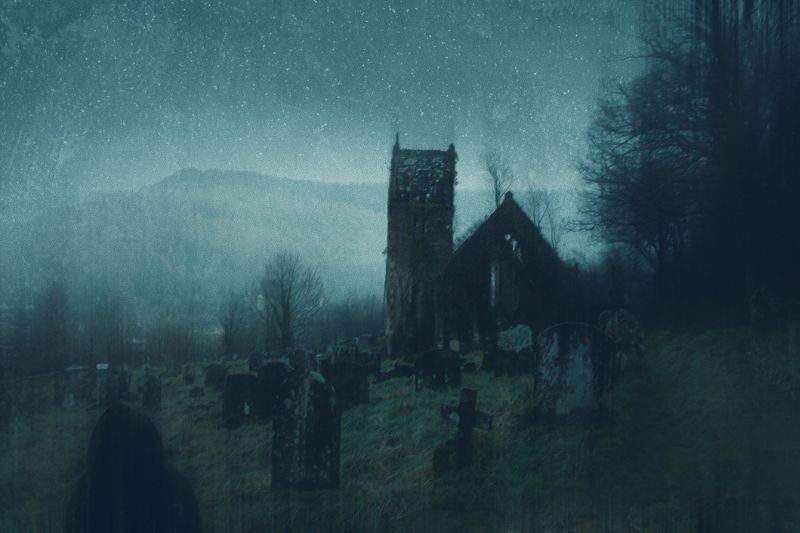
AUSTRALIA
- Danielle Terceiro
- 30 October 2024
6 Comments
As Halloween starts to become a staple in Australian neighbourhoods, for most people its ghosts mean little more than costumes and candy. But from haunted churches to eerie local legends, Halloween says something about us and the way we carry snatches of unresolved history.
READ MORE
-
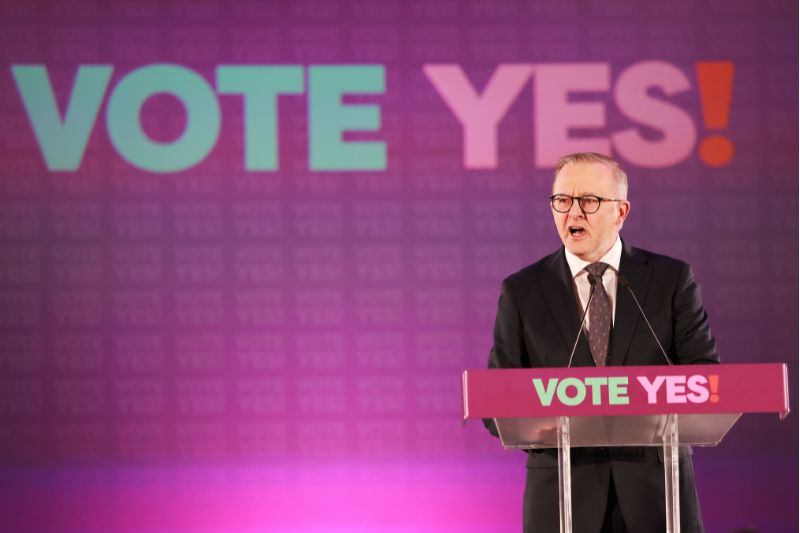
AUSTRALIA
- Michelle Grattan
- 04 October 2024
5 Comments
Almost a year after the Voice proposal was defeated, blame and recrimination are still being thrown around, and the government is still reeling from Albanese’s overreach.
READ MORE
-
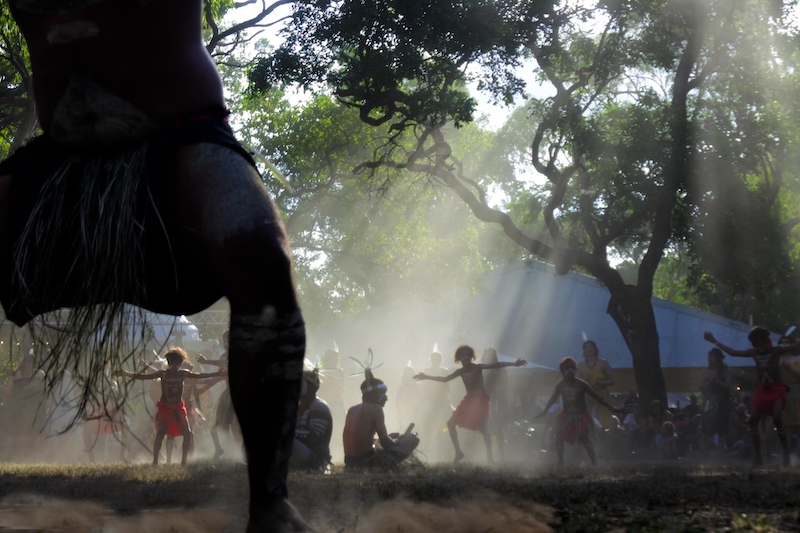
AUSTRALIA
- Bruce Pennay
- 25 September 2024
1 Comment
From 2027, NSW students will undertake a mandatory study of First Nations Peoples’ experiences of colonisation. This is welcome in the wake of the failed national referendum and the increasing insistence on reconciliation at the local level.
READ MORE
-
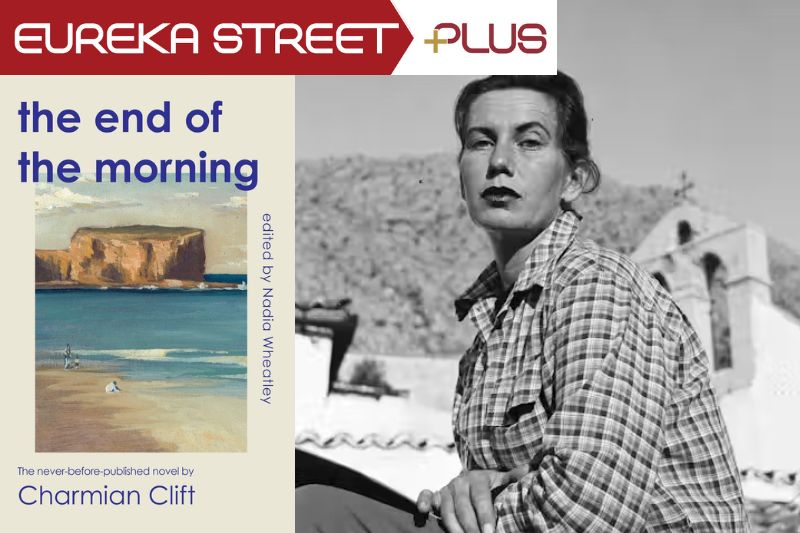
ARTS AND CULTURE
- Gillian Bouras
- 20 September 2024
2 Comments
The End of the Morning provides a rich reading experience, showing the reader an Australia that has been largely lost. But most readers will have a sense of dissatisfaction: they will want more. An unfinished novel, and an unfinished life.
READ MORE 
-

AUSTRALIA
- Smeeta Singh
- 06 September 2024
Australia is quietly confronting a national crisis: one in every four Australian children has been a victim of child sexual abuse, but you would never guess the scale of this crisis, given the lack of urgency from our national discourse.
READ MORE 
-
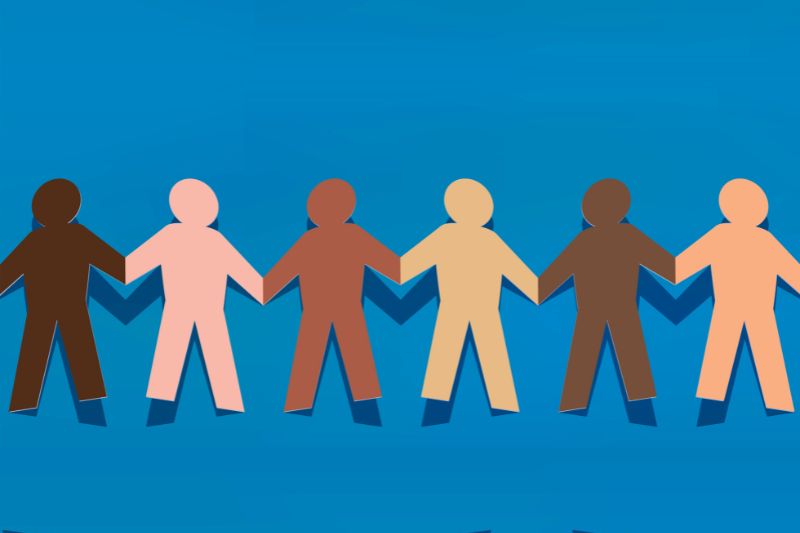
AUSTRALIA
- Joseph Camilleri
- 28 August 2024
3 Comments
As Australia faces numerous moral crises from domestic inequality to global militarization, a proposed national charter of principles could to reshape our society and redefine our global role. This declaration would acknowledge Indigenous dispossession, prioritize human rights, and shift focus from military alliances to human security.
READ MORE
-
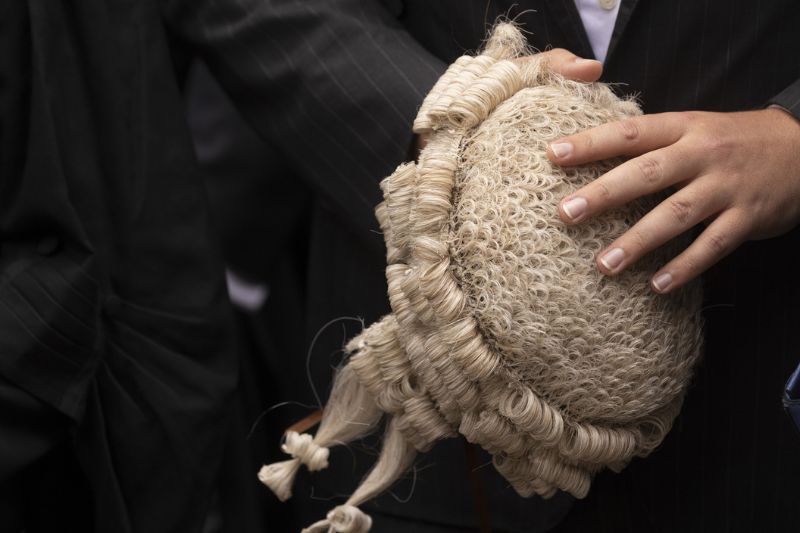
AUSTRALIA
- Frank Brennan
- 20 August 2024
6 Comments
In the aftermath of the failed Voice referendum, questions arise about the legal profession’s role in public discourse. Was this a missed opportunity for legal experts to provide critical analysis and guidance on such a significant constitutional matter?
READ MORE
-

EDUCATION
- Erica Cervini
- 14 August 2024
University fee hikes have disproportionately affected humanities students, particularly those from disadvantaged backgrounds. Despite promises of affordability, many arts degrees now cost more than $50,000, a significant barrier to access for many talented students.
READ MORE
-

ARTS AND CULTURE
- Gillian Bouras
- 02 August 2024
Conforming and belonging to a genre, in this case, ‘post-colonial, outback noir eco-fiction’, does not mean that a novel is not worthy. With rich symbolism and lyrical prose, Hills challenges readers to confront uncomfortable truths about Australian history, land ownership, and the inescapable consequences of past actions.
READ MORE 
-
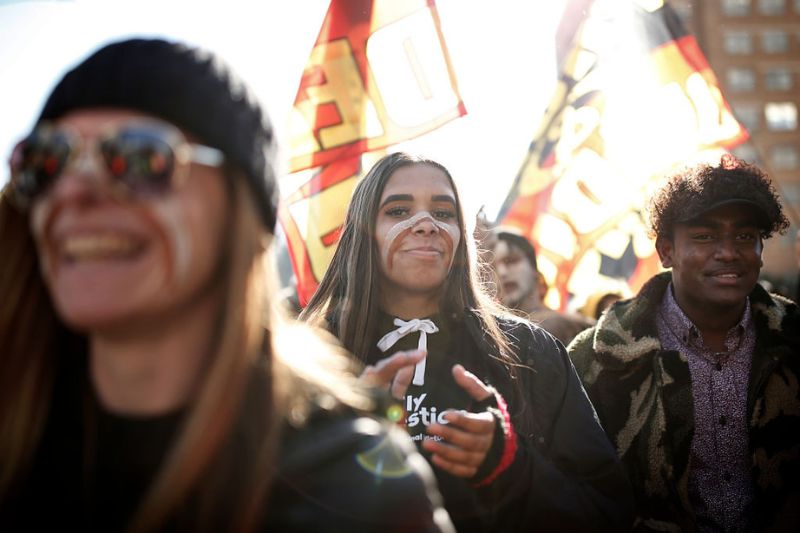
AUSTRALIA
- Andrew Hamilton
- 08 July 2024
1 Comment
A failed referendum leaves many Indigenous Australians feeling unheard, but hope remains. This year's NAIDOC Week takes on even greater significance. This celebration, born from a desire for recognition, is a time to reflect on how to build a more just Australia.
READ MORE
-
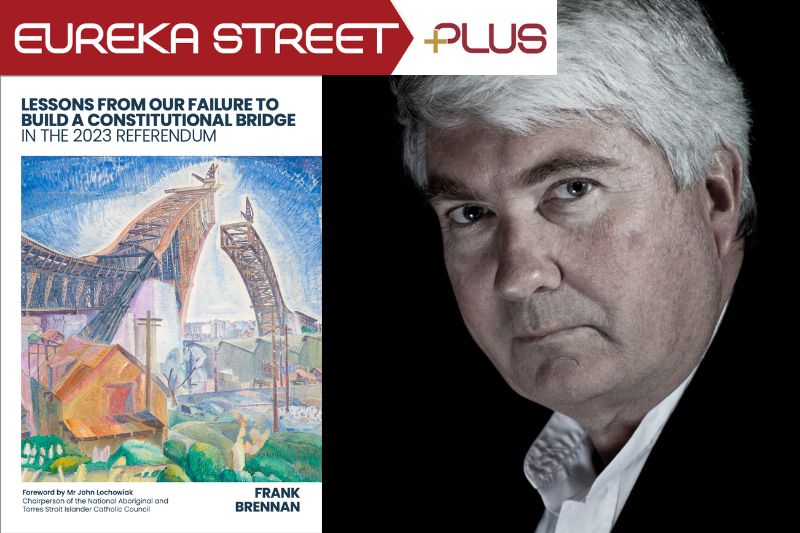
AUSTRALIA
- David Halliday
- 28 June 2024
13 Comments
It's been eight months since the Voice referendum, and people are starting to grapple with what its defeat means for Australia. There are few voices in Australia as qualified to conduct a postmortem of the outcome of the Voice referendum campaign as Frank Brennan. We examine what lessons can be learned and crucually, whether there’s reason for hope for Indigenous constitutional recognition.
READ MORE
-
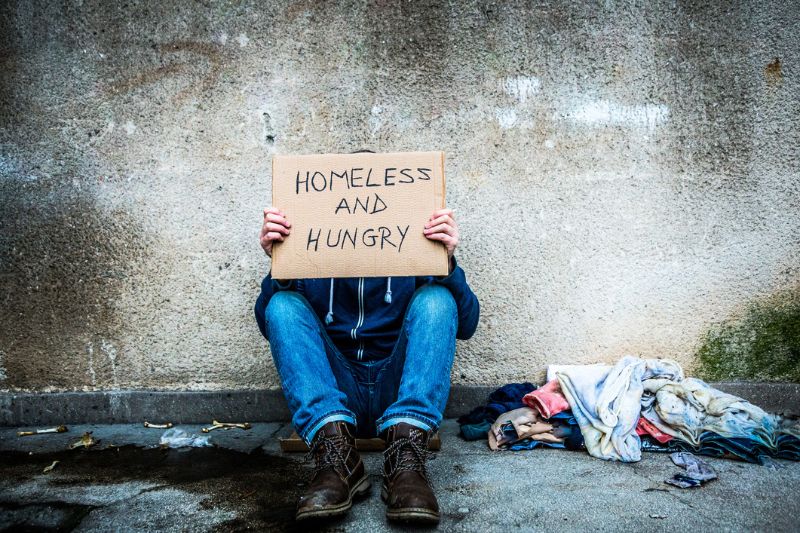
AUSTRALIA
In a signature essay published last year in The Monthly, Treasurer Chalmers staked out an ideological terrain he described as ‘values-based capitalism.’ The Budget 2024 is quite the big reveal on what those values include and who they exclude. In it, the people who have borne the brunt of inequality and precarity are neither seen nor heard.
READ MORE